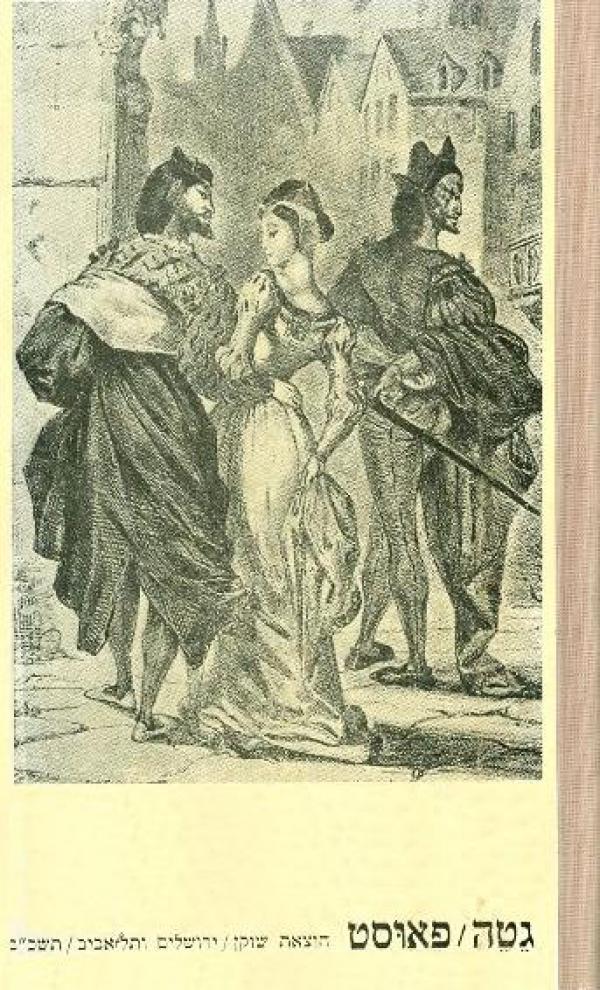My current research focuses on early twentieth-century translations between Hebrew and German, published across Europe and in Ottoman and Mandate Palestine. Entitled Translation Beyond Zionism, my book shows how translation interrupts and exceeds the monolingual and territorial Zionist paradigm. My work offers a vocabulary of emotions and attitudes—fondness and love, loss and sorrow, empathy, and disavowal—that brings into relief the political and cultural stakes of translation between Hebrew and German.
Uncovering the strong presence of multilingual writing and self-translation within Hebrew literature, I have published essays on diverse authors such as Avraham Ben Yitzhak, S. Y. Agnon, Leah Goldberg, and Yoel Hoffmann. My 2019 essay on Paul Celan (Comparative Literature) explores the poet’s reconfiguration of the “breath-unit,” a notion developed by Martin Buber and Franz Rosenzweig in their Bible translation of the 1920s.
Golem, How He Came into the World closely analyzes Paul Wegener’s 1920 film, providing multiple theoretical and historical contexts for understand the film’s unique architecture, tactile visual effects, dramatic plot-line, and treatment of the golem figure.
Golem: Modern War and Their Monsters, explores the mass appeal of this artificial clay monster in the German-speaking world around World War I, as well as the ongoing association of golem figures with war technologies in American and Israeli cultures. Drawing on archival sources and print media, the book maintains that in the twentieth century the golem became both a metaphor for modern war and its weapons and—often at the same time—a powerful reminder of human vulnerability and mortality.



